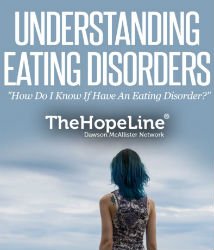Co-occurring mental health disorders (depression, anxiety, substance abuse)
Eating disorders often co-occur with other mental health disorders, such as depression, anxiety, and substance abuse. These disorders can have a significant impact on an individual’s physical and emotional well-being, and can make it more difficult to manage and treat the eating disorder.
Depression: People with eating disorders are at a higher risk of developing depression. The negative thoughts and behaviors associated with eating disorders can contribute to feelings of hopelessness, helplessness, and worthlessness.
Anxiety: Anxiety is a common symptom of eating disorders, as people with eating disorders often have an intense fear of gaining weight or not being able to control their eating. Anxiety can also be a side effect of the physical symptoms of an eating disorder, such as malnutrition.
Substance abuse: Eating disorders can often co-occur with substance abuse disorders, such as alcohol and drug addiction. People with eating disorders may turn to substance abuse as a means of coping with difficult emotions or situations, or as a way to manage the physical symptoms of their disorder.
Treatment for eating disorders that co-occur with other mental health disorders is complex and may require a multidisciplinary approach. It is important for individuals to receive comprehensive care that addresses all of the disorders they are dealing with. Treatment may involve therapy, medication, and in some cases, hospitalization. It is important to address these co-occurring disorders simultaneously to increase the chances of recovery.










Recent Comments